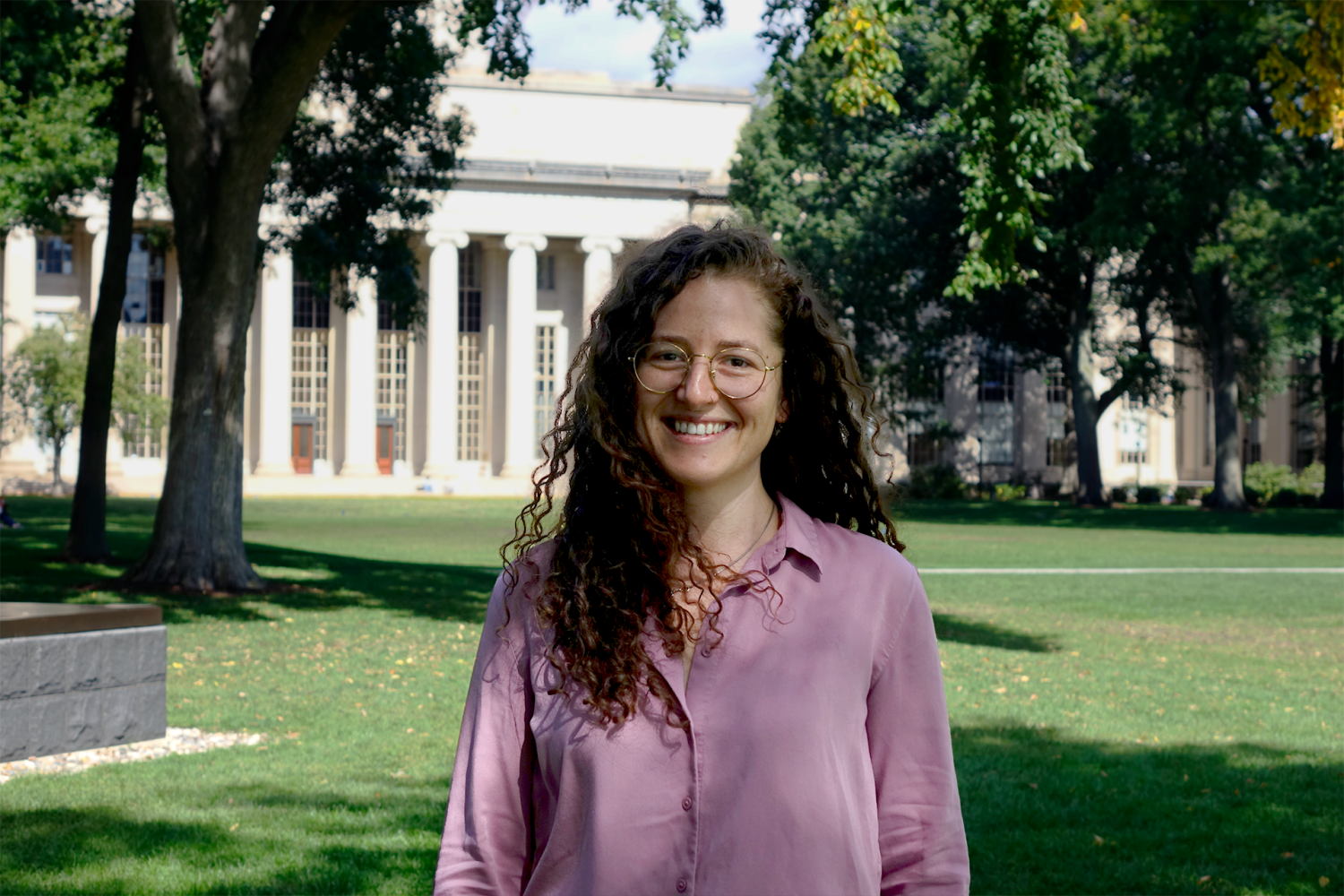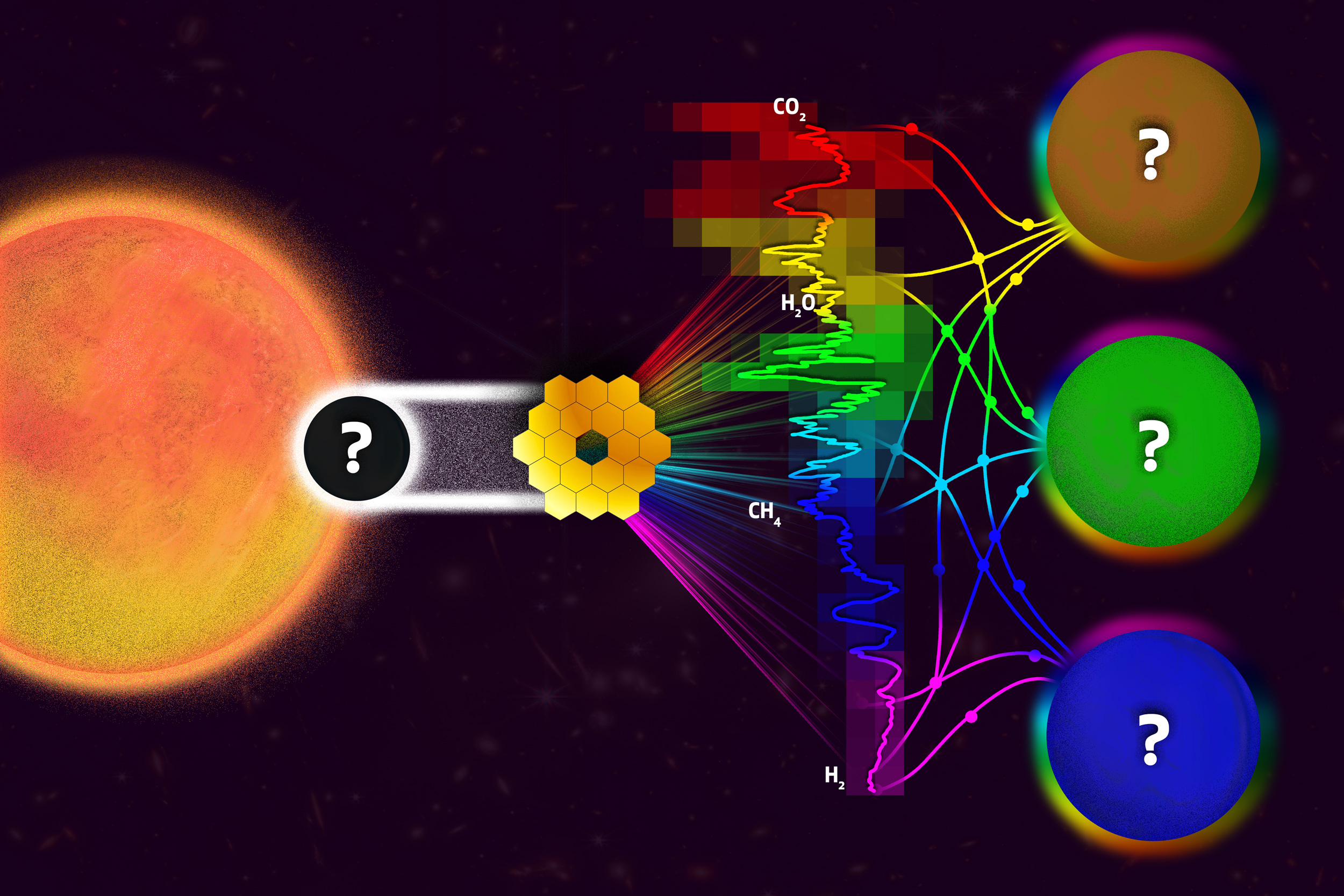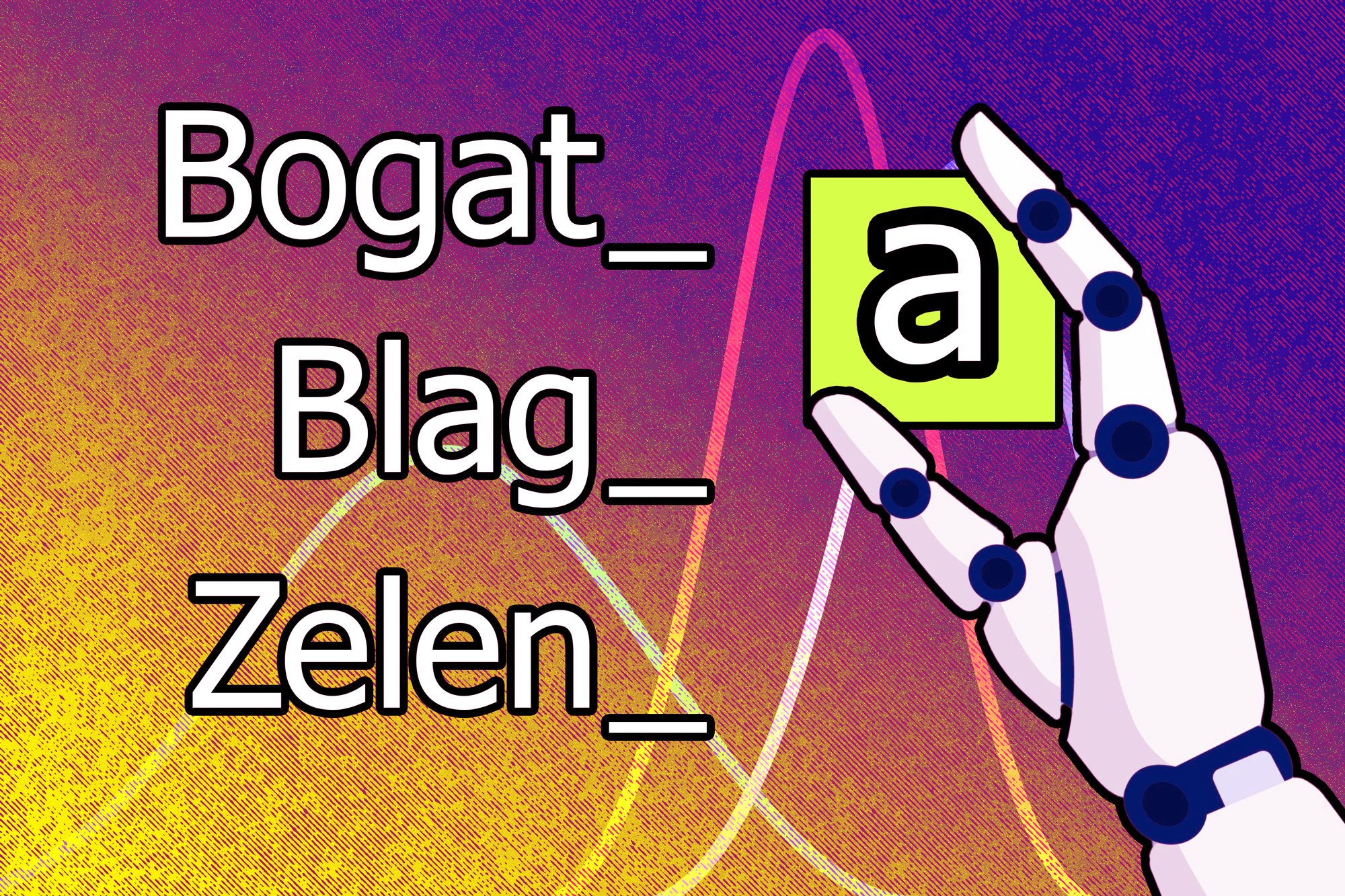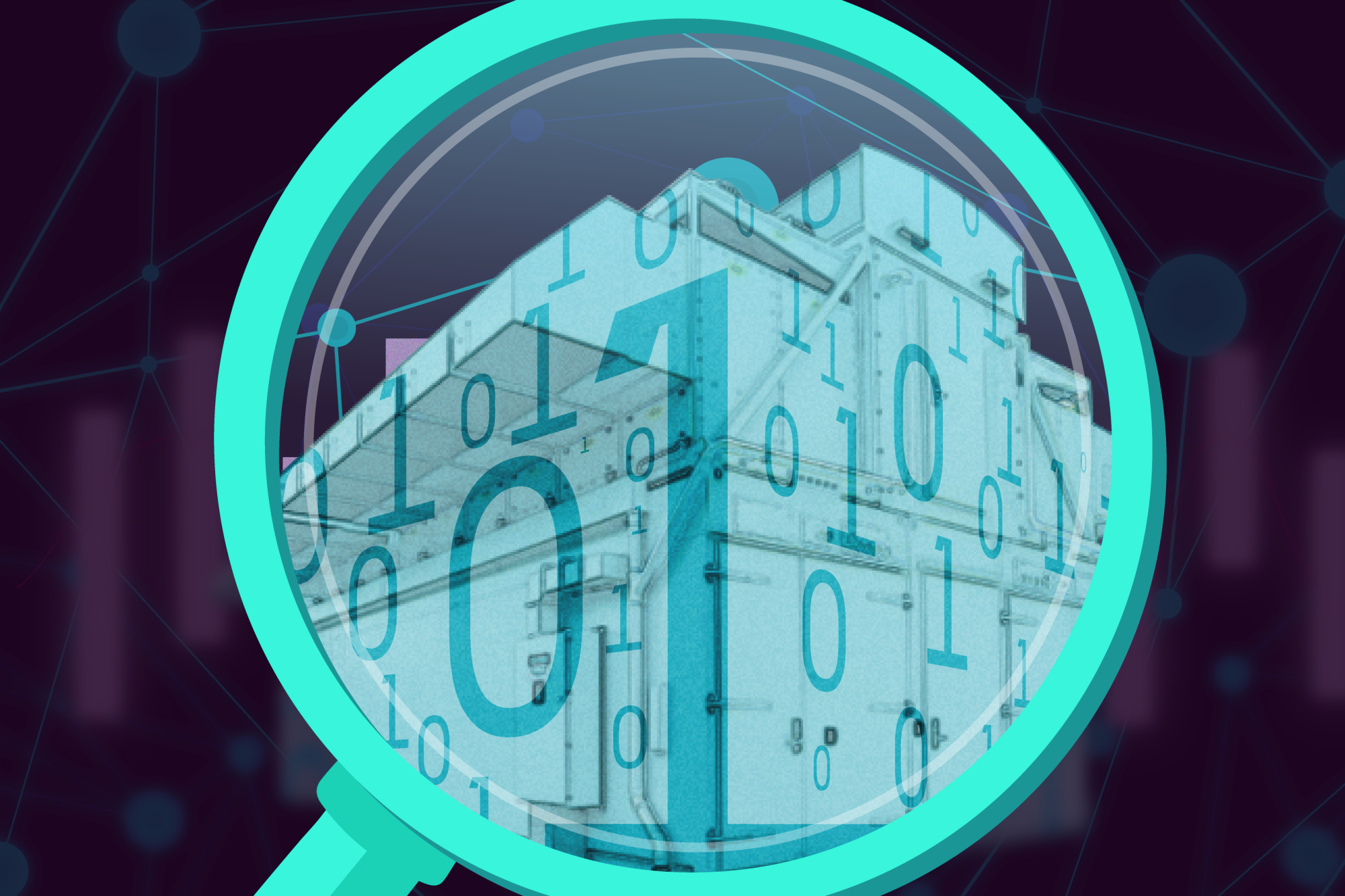Busy GPUs: Sampling and pipelining method speeds up deep learning on large graphs
New technique significantly reduces training and inference time on extensive datasets to keep pace with fast-moving data in finance, social networks, and fraud detection in cryptocurrency.
Lauren Hinkel | MIT-IBM Watson AI Lab •
mit
Nov. 29, 2022 • ~11 min
Nov. 29, 2022 • ~11 min
Noise in the brain enables us to make extraordinary leaps of imagination. It could transform the power of computers too
From more accurate climate modelling to the prospect of truly creative computers, the brain’s use of noise has a lot to teach us.
Tim Palmer, Royal Society Research Professor, University of Oxford •
conversation
Oct. 20, 2022 • ~30 min
Oct. 20, 2022 • ~30 min
Simulating neutron behavior in nuclear reactors
Amelia Trainer’s work is fundamental to understanding how nuclear reactors operate. A passion for computer modeling and poetry have stood her in good stead through her research career.
Poornima Apte | Department of Nuclear Science and Engineering •
mit
Oct. 6, 2022 • ~7 min
Oct. 6, 2022 • ~7 min
Deepfake audio has a tell – researchers use fluid dynamics to spot artificial imposter voices
AI-generated voice-alikes can be indistinguishable from the real person’s speech to the human ear. A computer model that gives voice to the dinosaurs turns out to be a good way to tell the difference.
Patrick Traynor, Professor of Computer and Information Science and Engineering, University of Florida •
conversation
Sept. 20, 2022 • ~6 min
Sept. 20, 2022 • ~6 min
/
18










